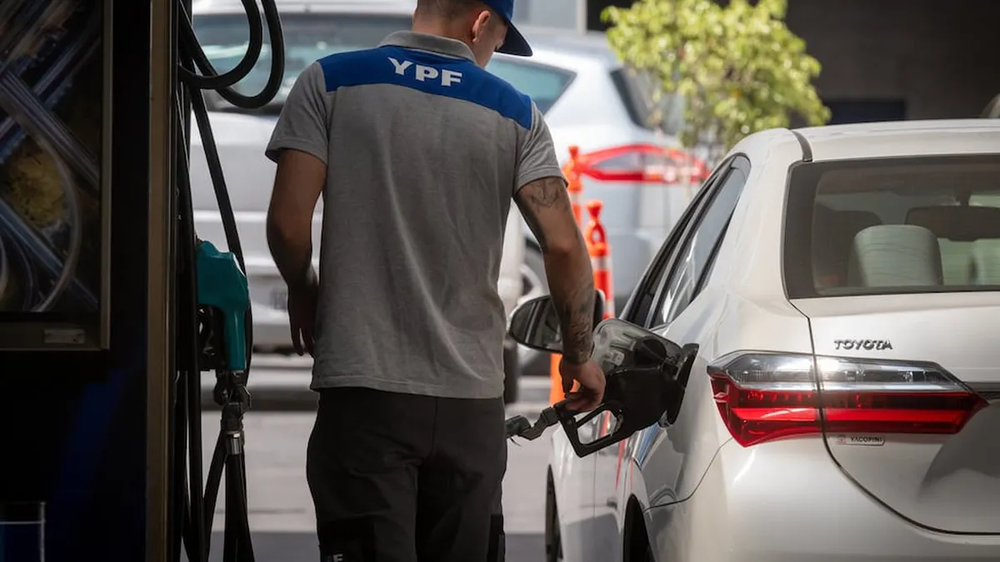What it means to not get out of the car when filling up with gas, according to psychology

The decision to stay in the car while filling up with gas is more a psychological issue than a practical one.
A simple act like not getting out of the car while filling up with gas can reveal a lot from a psychological perspective , the meaning of our decisions, and their connection to everyday mental health . This habitual act reflects an automatic reaction and possibilities for change.
This type of reaction is linked to what NeuroLanch specialists call psychological inertia : a tendency to maintain the current state without making a conscious effort to change it. .
Staying in the car is more comfortable than getting out, even if it would be easy to do so, and reflects how the brain seeks automatic routes to save effort.
image.png
The status quo bias explains why we prefer to maintain what we are already doing, even if it is easier to change that action first.
Plus, getting out of the car involves a small break in routine, and that lack of action is hard on us. The mind avoids these small "efforts" even if we rationally know they're not risky. .
A habitual behavior intensifies when it is repeated in a fixed environment, such as always filling up with gas without getting out of the car.
Over time, it becomes an automatic, thoughtless response. The funny thing is that many people don't realize they're following this pattern out of pure habit.
YPF / Nafta

Yes. It's a type of cognitive inertia , where the mind resists thinking or acting differently. In extreme cases, accumulating many automatic decisions can limit one's ability to emotionally and cognitively adapt.
How to break this habit?According to specialists in psychological inertia , stopping this habit requires:
Recognize the moment and consciously decide to get out of the car.
Small but intentional changes: for example, getting off once a week and expanding the gesture.
Associate the act with a reward: stretching your legs, taking a breath, feeling that you are gaining control.
- Topics
- Psychology
- Naphtha
- Cars
- meaning
losandes





